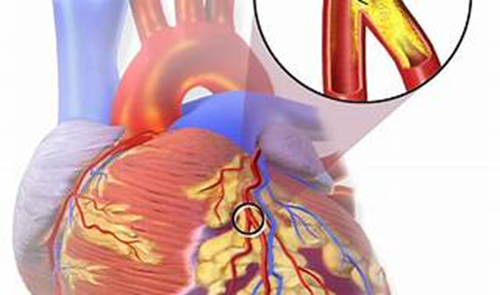A client is admitted to the emergency room with renal calculi. Upon assessment, which of the following findings should the nurse expect?
Bradycardia
Bradypnea
Severe pain
Nocturia
The Correct Answer is C
Choice A reason: Bradycardia, which is a slower than normal heart rate, is not a common finding associated with renal calculi. Renal calculi, or kidney stones, typically cause symptoms related to the urinary system rather than directly affecting the heart rate.
Choice B reason: Bradypnea, or abnormally slow breathing, is also not a typical symptom of renal calculi. Patients with kidney stones may experience changes in urination patterns, such as frequency or urgency, but not typically changes in respiratory rate.
Choice C reason: Severe pain is indeed the most common symptom associated with renal calculi. This pain, known as renal colic, is often sudden in onset, very severe, and may radiate from the back down to the lower abdomen or groin. The pain is caused by the stone moving into the ureter and causing a blockage, which leads to increased pressure and stretching of the kidney or ureter. Renal calculi can cause a range of symptoms, with severe pain being the most prominent and often the first symptom that leads individuals to seek medical care. The pain is typically very intense and can be accompanied by other symptoms such as nausea, vomiting, and hematuria (blood in the urine).
Choice D reason: Nocturia, or frequent urination at night, can be a symptom of renal calculi, especially if the stones affect the bladder or cause urinary tract infections. However, the most characteristic symptom of renal calculi is severe pain, not necessarily nocturia.
Nursing Test Bank
Naxlex Comprehensive Predictor Exams
Related Questions
Correct Answer is A
Explanation
Choice A reason: Disequilibrium syndrome is characterized by headache, nausea, and agitation, which can occur during or after hemodialysis, especially in the first few sessions as the body adjusts to the treatment².
Choice B reason: Septicemia would typically present with fever, chills, and hypotension, not specifically headache and agitation².
Choice C reason: Air embolism is a rare complication that would present with sudden respiratory distress, chest pain, and possibly hypotension, not just headache and agitation².
Choice D reason: Peritonitis is associated with abdominal pain and tenderness, fever, and possibly altered bowel movements, not the symptoms described².
Correct Answer is A
Explanation
Choice A: Troponin Troponin levels increase within 3-12 hours from the onset of chest pain, peak at 24-48 hours, and return to baseline over 5-14 days. Troponin is a protein found in cardiac muscle fibers that regulates muscular contraction. When heart muscle is damaged, as in the case of an MI, troponin is released into the bloodstream. The elevation of troponin levels is a key indicator of myocardial infarction and can be used to diagnose and assess the extent of heart muscle damage. Troponin is the most reliable laboratory value that is expected to be elevated following a myocardial infarction, making it the correct choice in this scenario.
Choice B: Aspartate aminotransferase (AST) AST is an enzyme found in high concentrations in the liver, heart, muscles, kidneys, and brain. It is released into the bloodstream when any of these tissues are damaged. While AST can be elevated in cases of MI, it is not as specific as troponin because it is present in many other tissues besides the heart.
Choice C: Serum amylase Serum amylase is an enzyme that helps digest carbohydrates and is primarily associated with the pancreas and salivary glands. Its elevation is not specifically related to myocardial infarction but can be seen in other conditions such as pancreatitis.
Choice D: Unconjugated bilirubin Unconjugated bilirubin is a breakdown product of hemoglobin from red blood cells. Elevated levels of unconjugated bilirubin are typically associated with conditions affecting the liver or the breakdown of red blood cells, not myocardial infarction.

Whether you are a student looking to ace your exams or a practicing nurse seeking to enhance your expertise , our nursing education contents will empower you with the confidence and competence to make a difference in the lives of patients and become a respected leader in the healthcare field.
Visit Naxlex, invest in your future and unlock endless possibilities with our unparalleled nursing education contents today
Report Wrong Answer on the Current Question
Do you disagree with the answer? If yes, what is your expected answer? Explain.
Kindly be descriptive with the issue you are facing.
